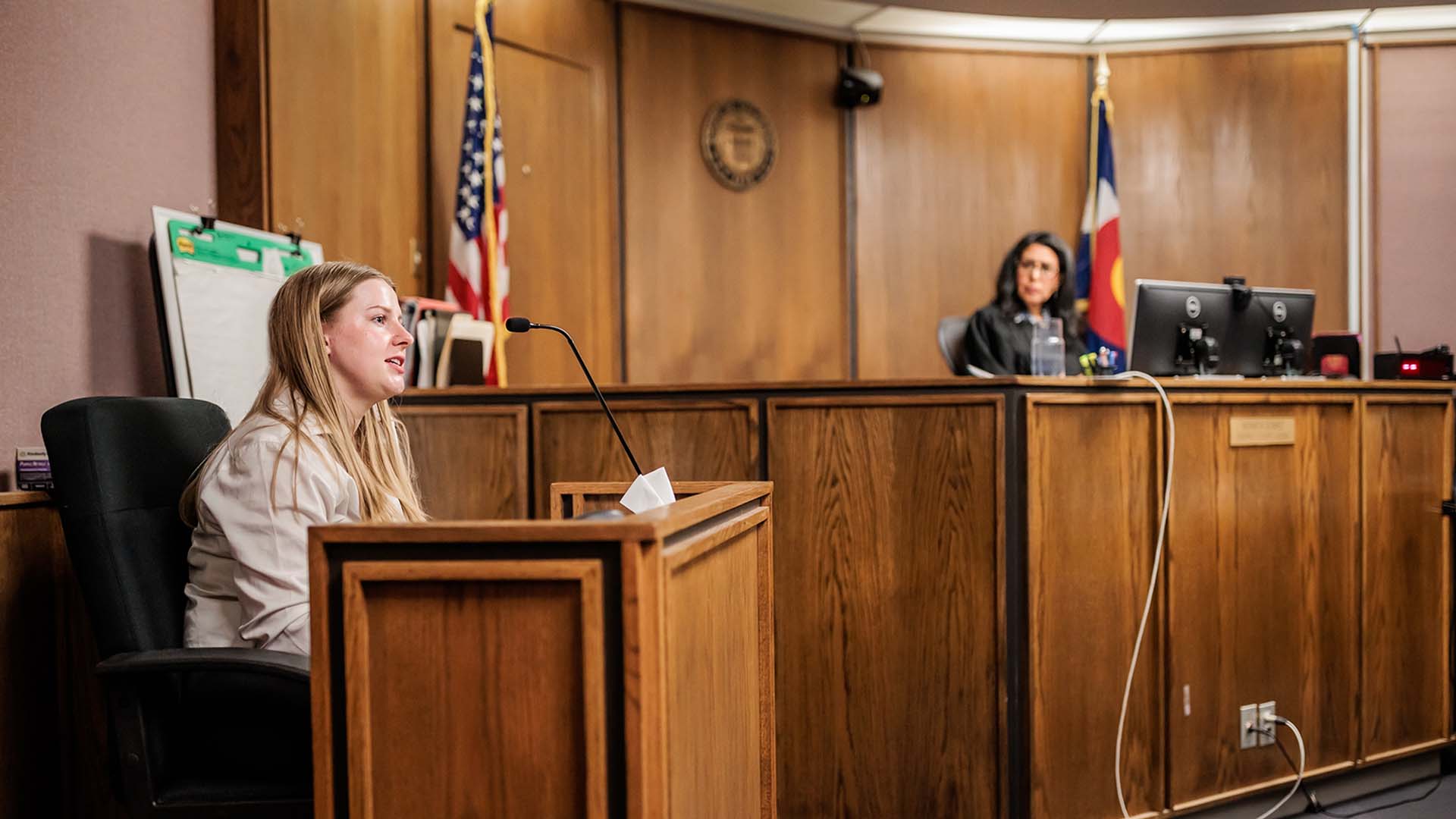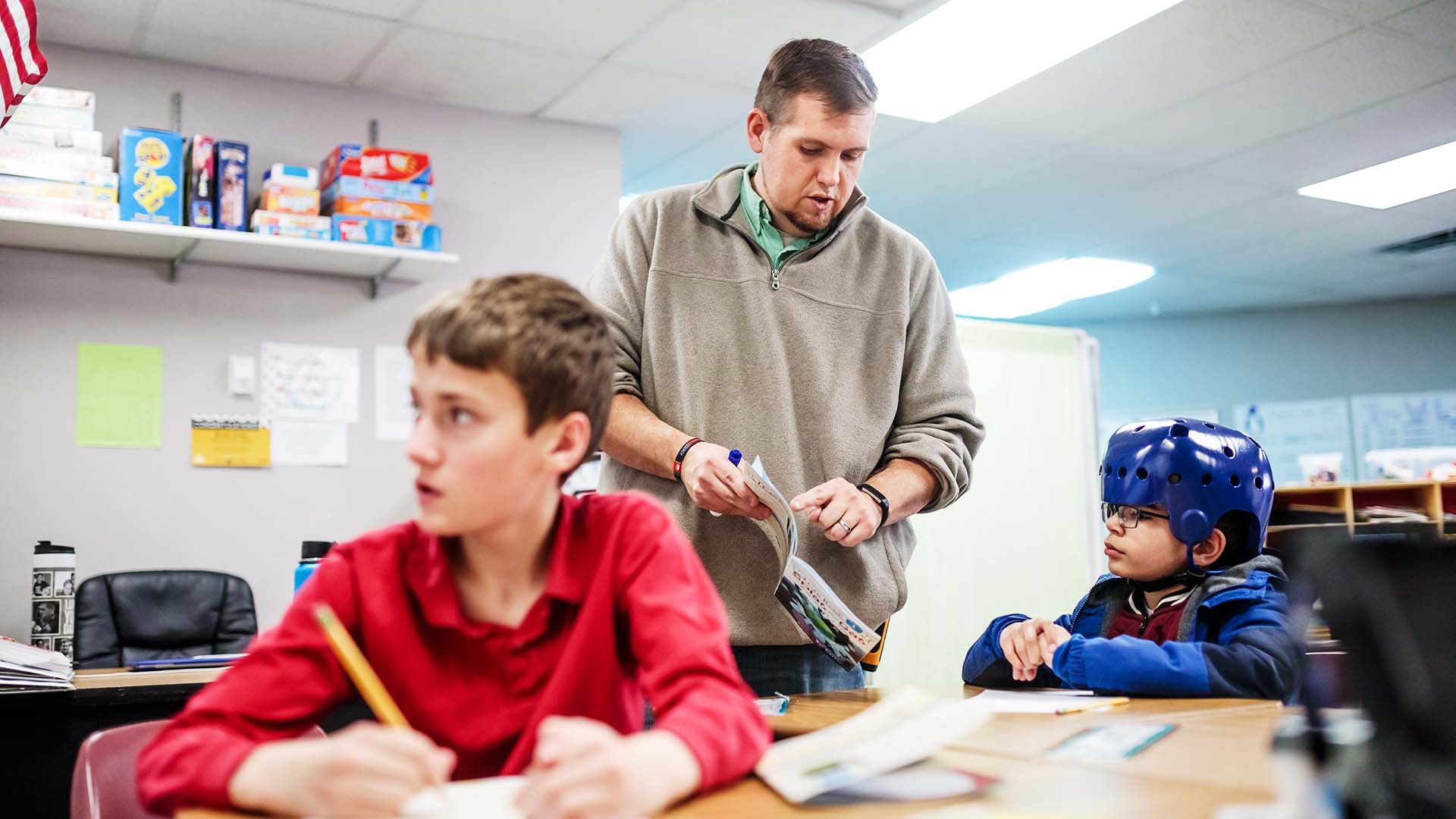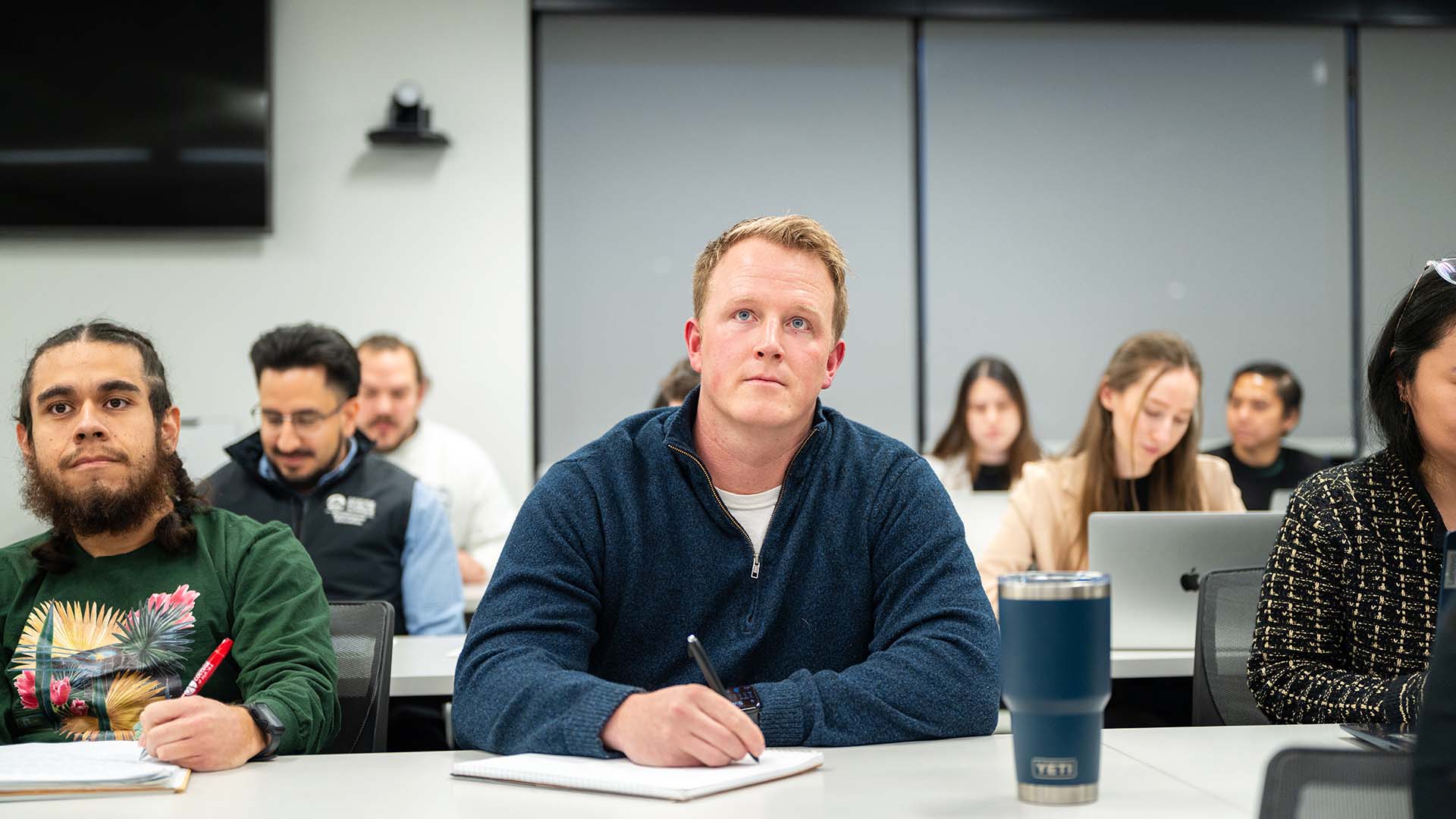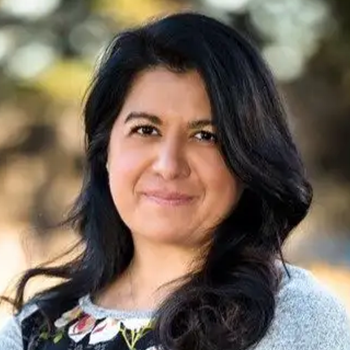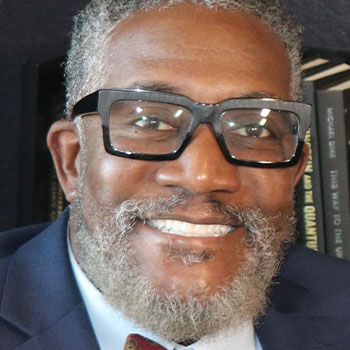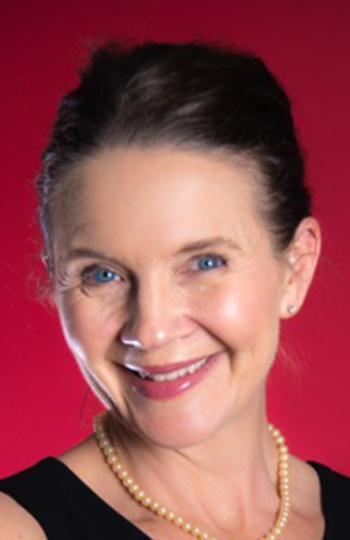Investing in our future
Last November, Denver voters approved a tax creating a $14M college scholarship fund. Here's how the first-of-its-kind model will expand opportunity.
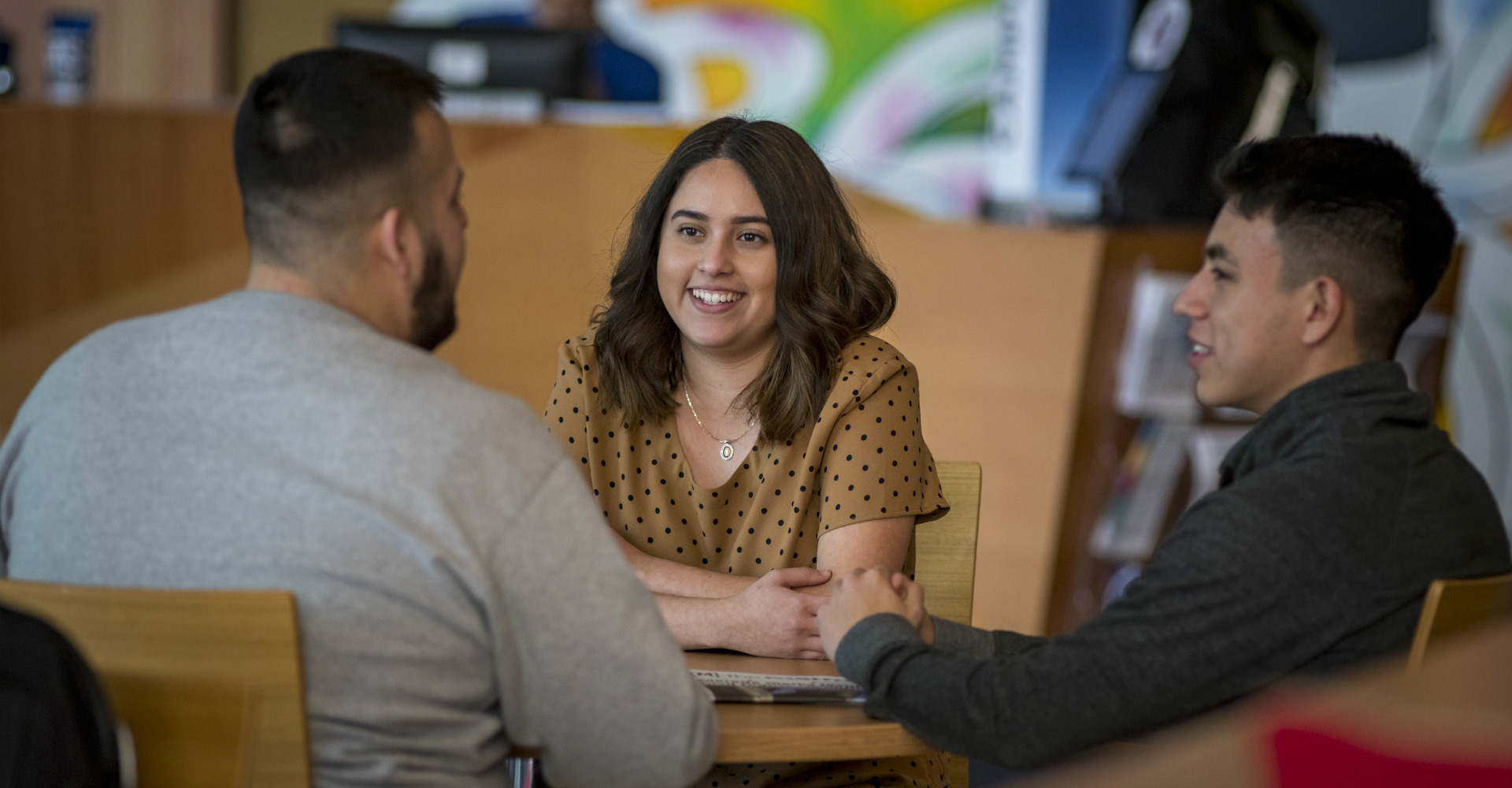
Like many young people charting the course of their postsecondary education, Jasmine Villalobos-Valles saw cost as a major factor in her decision-making process.
With the support of the Denver Scholarship Foundation, Villalobos-Valles landed at Metropolitan State University of Denver, where she’s a management senior, president of the Student Alumni Association and an intern with Museo de la Americas, where she recently helped secure donor funding to support summer programming for children and teens.
“Without the help from DSF, I wouldn’t be able to attend college,” she said.
Student support and scholarship-based organizations such as the DSF will soon be able to serve even more college-bound students, thanks to the November approval by Denver voters of Ordinance 300. Promoted by proponents as Prosperity Denver, it institutes a sales tax increase of 0.08 percent in Denver to create a $14 million annualized scholarship fund for students who attend an accredited Colorado university, technical college or community college.
The voter-approved fund is critical because mission-driven organizations such as the DSF provide resources to community stakeholders, Villalobo-Valles said.
“Through it I’ve been supported financially, but it’s also plugged me into a community here to help me choose classes, connect with other scholars and find the support I need,” she said.
Success, rewarded
The excitement in the postsecondary-education community for the implementation of Ordinance 300 encompasses more than just the dollars it will distribute to deserving Denver students. Its pay-for-performance model is also game-changing.
As the first of its kind in the nation, Prosperity Denver will morph into the nonprofit Denver College Success Corporation to administer the collected funds. It will be governed by a board of six mayor appointees and one Denver City Council representative. As students successfully complete college coursework, eligible scholarship-based organizations can apply to DCSC for partial reimbursement, up to 75 percent.
The DSF will be one of about 20 organizations that will potentially benefit from the reimbursement process, said DSF CEO Lorii Rabinowitz.
“It’s a great way to ensure that taxpayer dollars are going toward successful programs and is important because it’s an investment in our future,” she said. “Our students have tremendous potential, and often financial barriers are the No. 1 challenge to completing a college degree or technical certificate.”
The proof is in the data: The DSF reports that 78 percent of its scholars are persisting or have graduated.
Supporters of Prosperity Denver and MSU Denver share the belief that everyone should have an opportunity to succeed, said Michelle Lucero, former MSU Denver Board of Trustees chair. Where a person starts shouldn’t determine where they’re going.
MSU Denver is ensuring that students such as Villalobos-Valles are able to succeed by making additional investments in wrap-around support services that meet people where they are, she said.
“Our students have the grades and commitment to attend postsecondary education; they often just don’t have the resources,” Lucero said.
Investing minimally today will help build a community of professionals that will grow Colorado’s workforce and economic vitality, Rabinowitz said.
“The goal is more access to opportunity for as many people as possible – there’s real opportunity to bring about systemic change,” she said.

Prosperity for Denver – and beyond
Ordinance 300 is poised to be more than a vehicle for community transformation in Denver. Its implementation could set an example for Colorado – and beyond.
“We’re really pleased with (Ordinance 300’s) passage,” said Jim Chavez, executive director of the Latin American Educational Foundation. “It will allow us – and presumably many other qualified scholarship providers – to apply for more funding and increase the number of students helped on their college journey.”
In Colorado, the specialized support an organization such as the LAEF couldn’t be more relevant. The 70-year-old 501(c)(3) organization provides programs and services to help Latino students and their families access and navigate higher education, a necessary element for filling the jobs of today – and tomorrow.
“Right now, 75 percent of the jobs in Colorado require applicants to have some level of higher education,” Chavez said. “We’re not even close to meeting that yet – and Hispanic and Latino populations are the most underrepresented groups, as just 29 percent have attained a degree.”
That’s where funding innovations such as the DCSC come into play. By awarding reimbursements to programs with proven success in retaining and shepherding students through graduation, organizations such as the DSF and the LAEF will be able to replicate and scale those efforts to effect change.
“Those funds will be critical,” Chavez said. “Thanks to efforts like this, organizations like ours will be able to provide more dollars, scholarships and awards to help students – and their families – meet the costs of higher education.”
Chavez, Rabinowitz and Lucero were each hopeful that other communities will follow the Mile High City’s lead.
“Denver’s really taken the lead in showing the state – and country – that investing in students leads to a prosperous city,” Chavez said.
Lucero added that the financial support provided to scholarship-based organizations by DCSC presented the potential for a homegrown pipeline that would fill in-demand Colorado jobs, bucking the trend of companies looking out-of-state for talent.
“Prosperity Denver can help move that dial and hopefully keep us from needing to import so many of those college-degreed individuals from outside of Colorado,” Lucero said.
Proof positive
The localized impact of organizations that will be supported by DCSC make a difference on the individual level, Villalobos-Vales said.
She credited opportunities provided to her by the DSF’s Leadership Program, Alternative Break, and the Denver Preschool Program for deploying the strategies and concepts she’s studying at MSU Denver. Those organizations helped her chart her course into a planned career with nonprofit organizations after she graduates this spring, she said.
The comprehensive education and experiences she’s obtained through MSU Denver have equipped her to wear many hats, she said. But it’s the business development she’s learned through her work with Museo de la Americas that has really resonated with her, providing her the inspiration to help others succeed.
“I enjoy seeing the outcomes of organizations connecting with foundations and donors,” she said. “It’s good to see that people still care about education and the youth of our community – and to be part of a cycle that continues to grow.”

